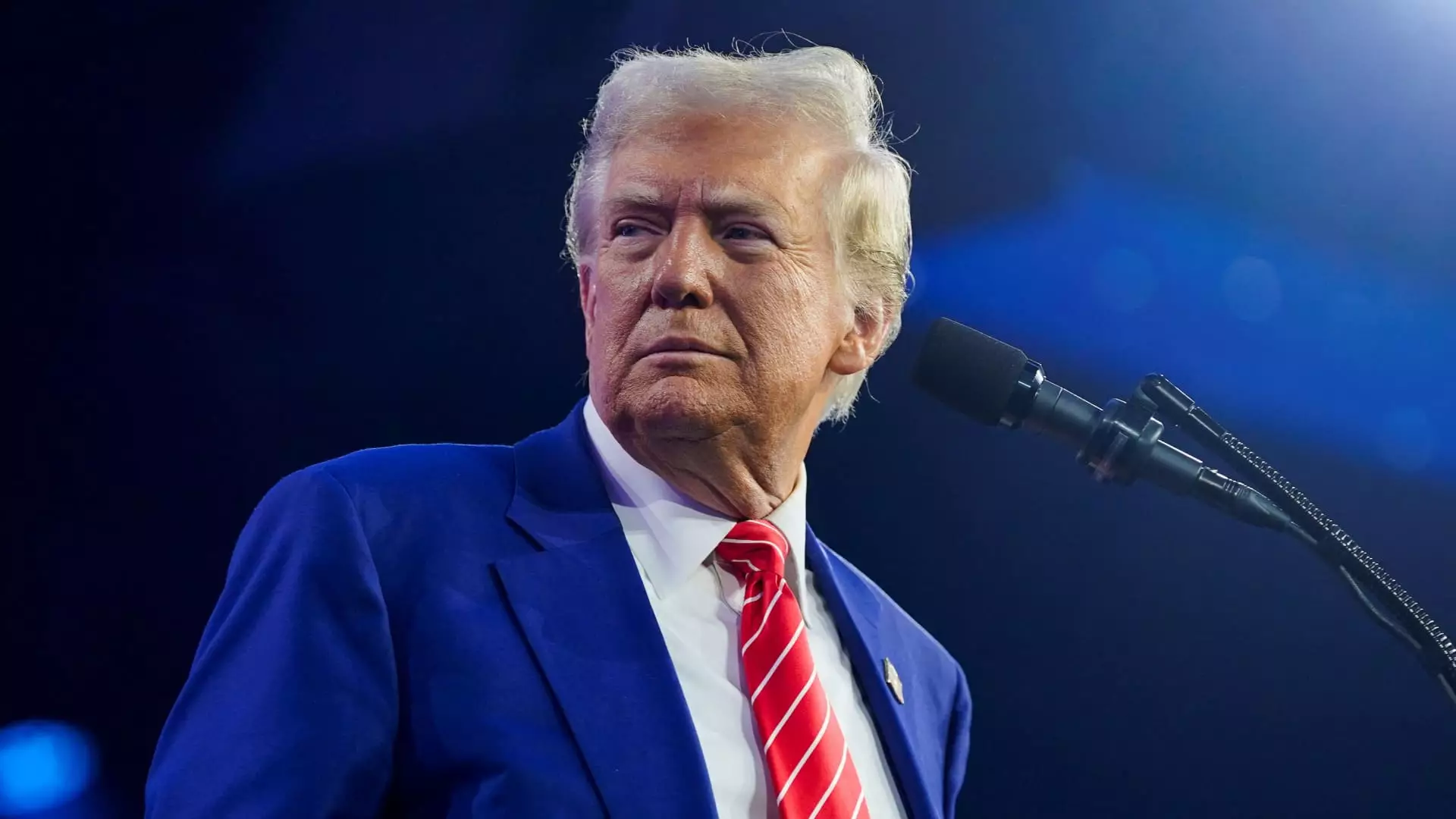The recent political landscape is witnessing a significant shift as President-elect Donald Trump integrates tech industry leaders into his administration for a second term. This move is not merely a continuation of a trend; it unveils the expanding nexus between technology and governance, reflecting how imperative tech capabilities and perspectives are viewed in a modern political context. This article delves into the implications of these appointments and the potential ramifications for government operation and tech collaboration.
In a decisive action signaling a new direction, Trump has announced the nomination of Scott Kupor, a prominent figure from Andreessen Horowitz, for the role of director of the Office of Personnel Management (OPM). Kupor’s appointment is significant, not just for his professional pedigree, but also because it indicates a commitment to overhauling government employment processes. The OPM traditionally oversees the recruitment and management of federal employees; however, with Kupor at the helm, we can expect a keen focus on both efficiency and innovative practices borrowed from the tech sector.
The resonance of this appointment is amplified by the subsequent news of Sriram Krishnan stepping into a key role as the senior policy advisor for artificial intelligence within the White House Office of Science and Technology Policy. Krishnan’s wealth of experience at major tech firms such as Microsoft and Twitter places him in a unique position to influence policy in a largely exploratory and nascent field. With AI technology evolving rapidly, his affiliations and experience can facilitate more informed decision-making regarding regulation and usage, crucial for balancing innovation with public safety and ethical considerations.
This administration appears to be fostering a tech-centric philosophy, epitomized by the establishment of the Department of Government Efficiency (DOGE). Spearheaded by figures like Elon Musk and Vivek Ramaswamy, this commission is poised to tackle governmental spending and regulation with a fresh, unorthodox approach. The duality of business experience and technological know-how among these leaders raises questions about the balance of interests between profit motivations and public service.
Moreover, the connections drawn between various tech executives and Donald Trump underscore the significant influence that these individuals will wield in shaping policies. As leading figures in controversial domains such as artificial intelligence and cryptocurrency, their tenure may provoke discussions about ethics, governance, and the potential monopolization of digital spaces. The intertwining of business interests and governmental directives necessitates vigilant scrutiny from both political watchdogs and the public.
Elon Musk’s role as a close advisor to Trump has raised eyebrows across political lines, as his interests span a vast array of sectors, including automotive, aerospace, and social media. Critics point to the potential conflicts of interest, arguing that Musk’s substantial stakes in multiple businesses could lead to policies that favor corporate growth over public welfare. As Musk guides Trump’s strategy, particularly with initiatives involving AI and infrastructural efficiency, it is essential to question how these ties may shape the future of digital and economic policy.
On the flip side, the wave of support from Silicon Valley executives, who have previously maintained an adversarial relationship with Trump, signifies a notable pivot in strategy, perhaps driven by pragmatism or a mutual recognition of the importance of technological innovation in government. With major firms like Amazon and Meta publicly aligning themselves with Trump’s administration, the tectonic plates of tech and politics are shifting to accommodate their collaborative inroads.
The forward trajectory of Trump’s administration, symbolized by the infusion of technology leaders, represents both promise and peril. While expertise in tech may catalyze a more agile governmental framework, ensuring that public interests remain paramount is critical. The intertwining of tech and politics heralds profound changes ahead, reinforcing the need for transparency and accountability as these leaders navigate the complexities of governance in the digital age. As both sectors evolve, the challenge will lie in fostering cooperation while safeguarding democratic principles that must govern their interactions.


Leave a Reply